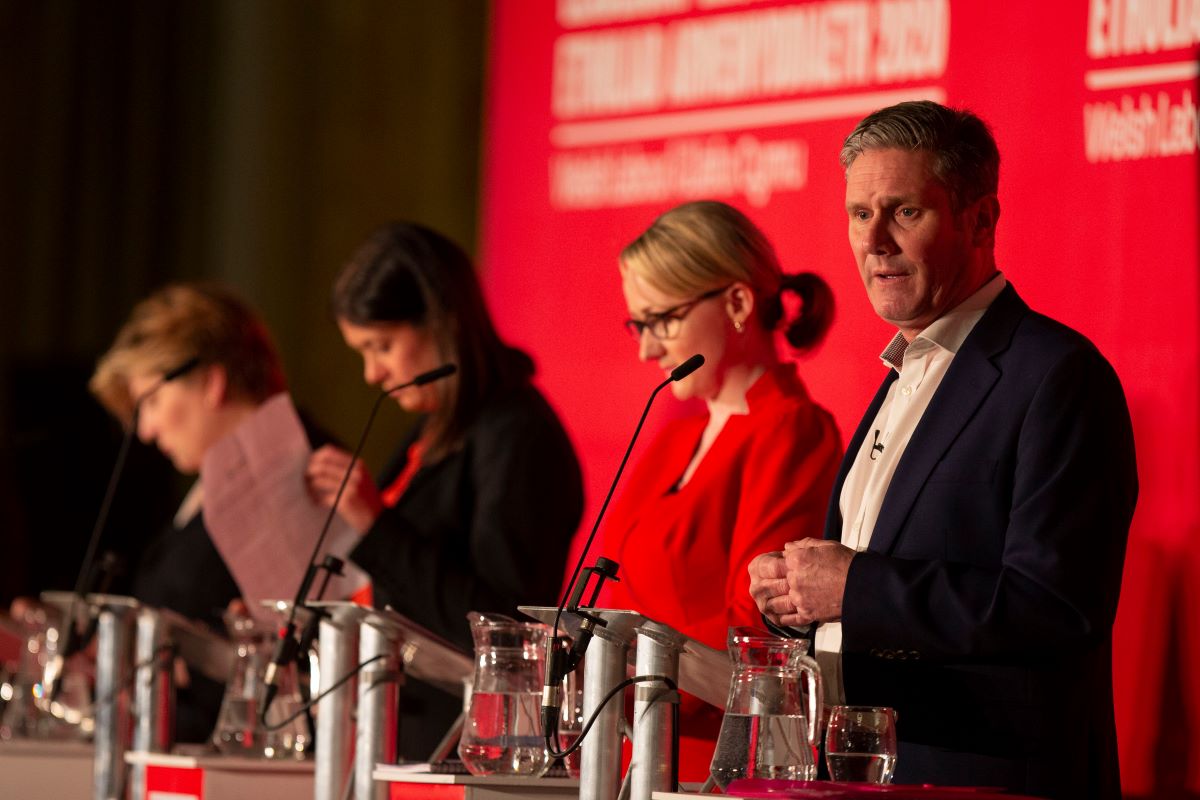Pressure is mounting on the Labour government to scrap the controversial two-child benefit cap as new figures reveal its devastating impact on 1.6 million children, fueling a heated debate on child poverty in the UK. Here’s the full story.
Controversial Two-Child Cap
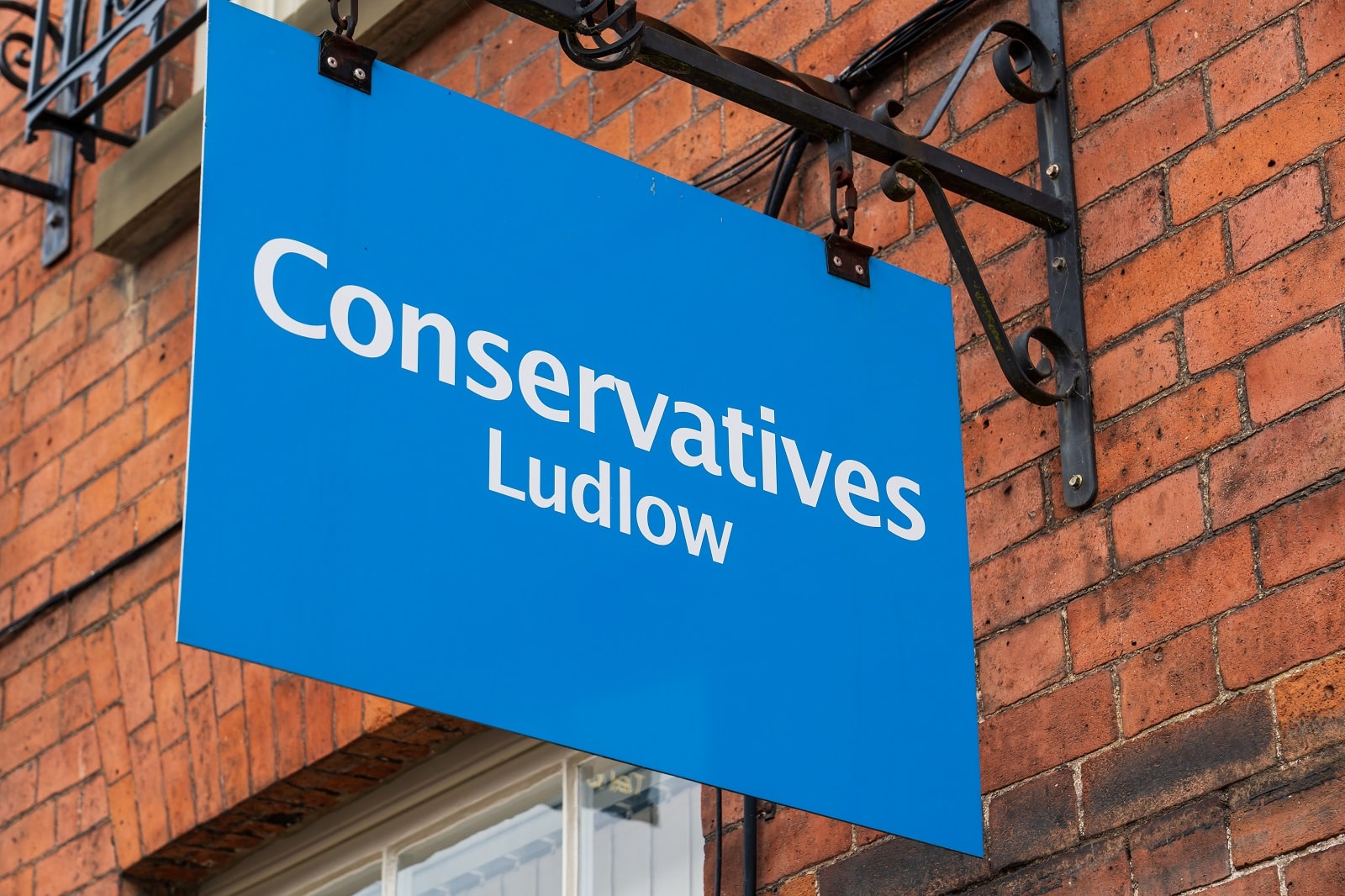
The highly controversial two-child benefit cap, introduced by the Conservative government in 2017, has been in the headlines recently as the new Labour government is under mounting pressure to repeal it.
Impact on Child Poverty

The cap, which prevents parents from claiming child tax credit or Universal Credit for more than two children born after 2017, has had a devastating effect on levels of child poverty in the UK, with recent government statistics laying bare the dire state of poverty in the sixth most prosperous country in the world.
Skyrocketing Numbers
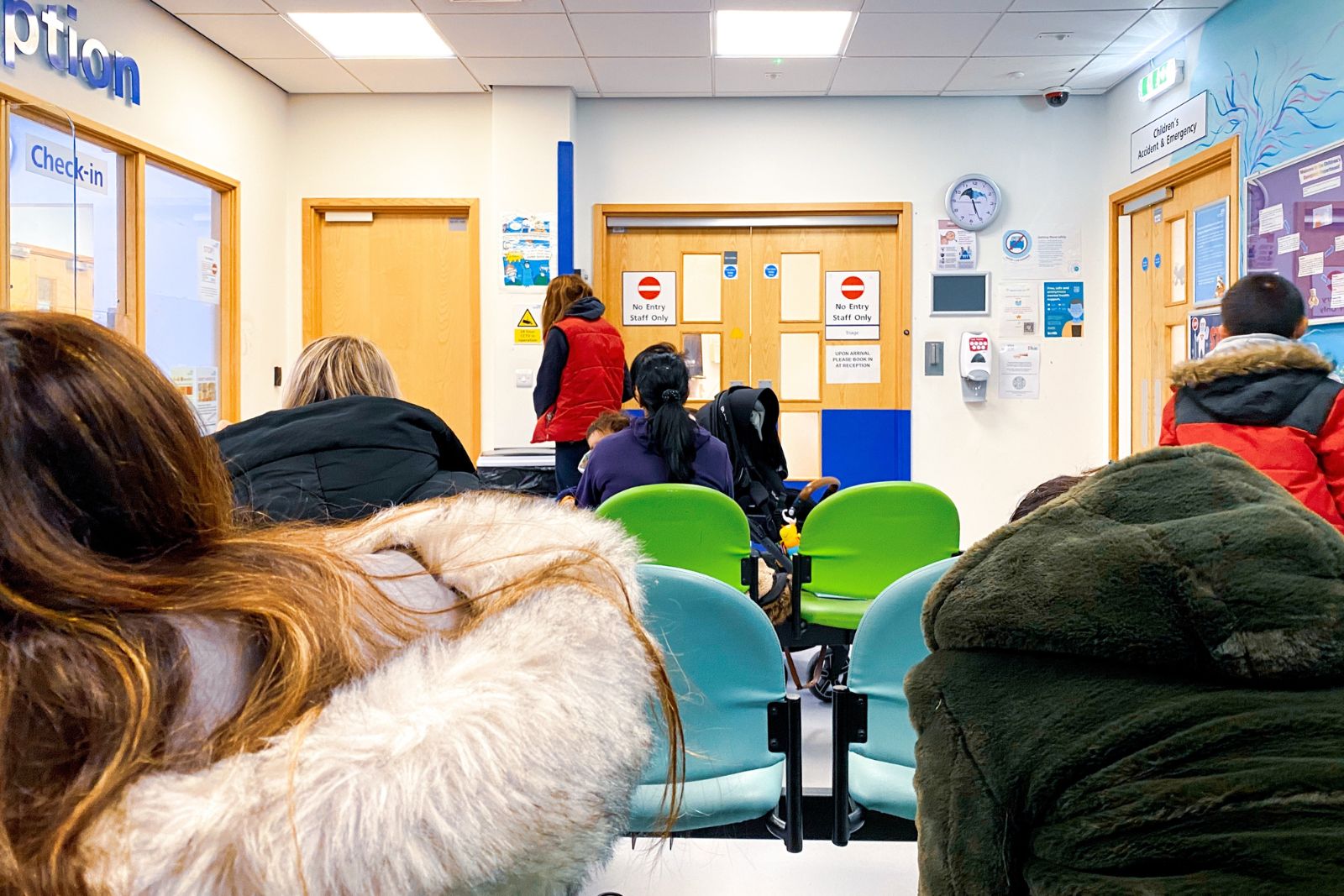
According to recently released statistics, the number of children impacted by the two-child benefit cap has skyrocketed. As of last year, 1.6 million children, equivalent to one in nine of all UK children, were living in families affected by the policy, an increase of 100,000 from previous years.
Financial Hardship

The Resolution Foundation notes that families lose approximately £3,200 annually for each additional child beyond the second, placing many in financial hardship. Of the affected households, 450,000 were on Universal Credit, indicating a significant portion of low-income families struggling under the cap.
Experts Critique Policy
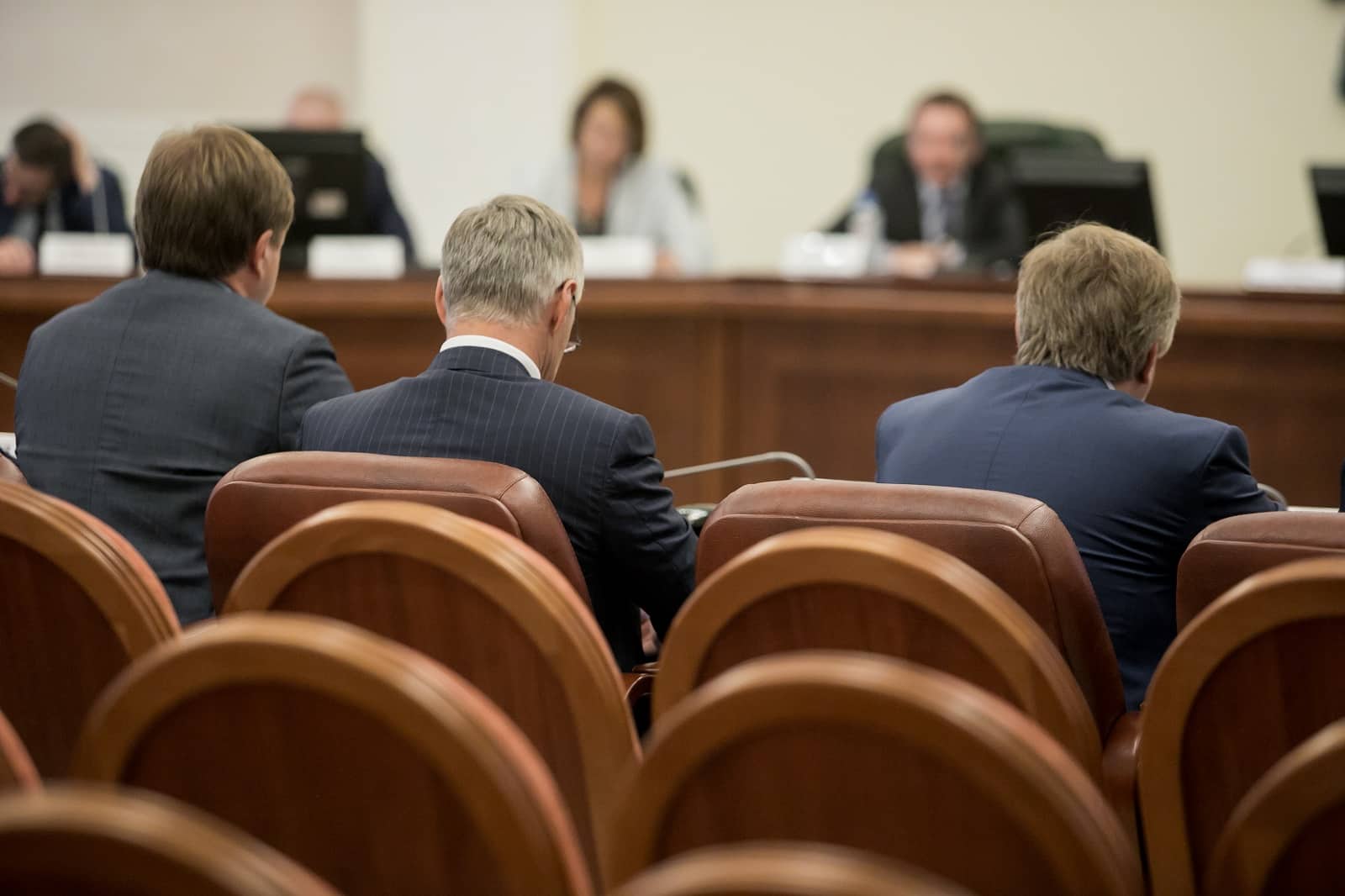
Economists and social policy experts have critiqued the policy for its adverse effects on families. Lalitha Try from the Resolution Foundation stated there is “clear evidence” of financial loss for families. She told Sky News, “Unless the policy is abolished, the majority of children in large families will fall below the poverty line by the end of the parliament. Any new child poverty strategy should find the funds to remove it.”
CPAG’s Stance
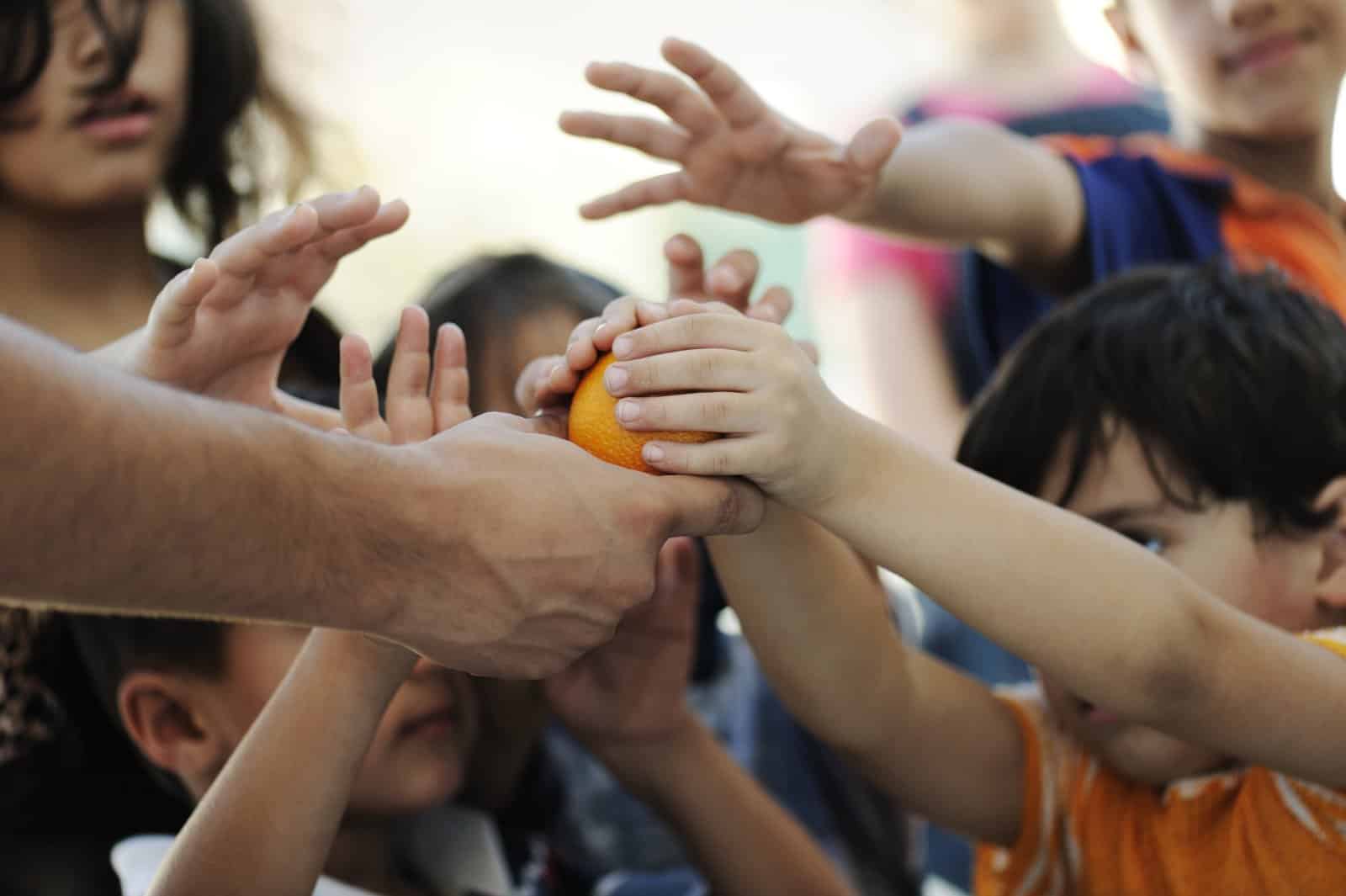
Similarly, the Child Poverty Action Group (CPAG) has stressed the policy’s role as the single biggest driver of child poverty in the UK, arguing that it exacerbates economic disparities and pushes families into deeper poverty.
Urgent Calls for Action

Speaking to the Guardian, Alison Garnham, chief executive of CPAG, stated, “The PM came to office pledging a bold, ambitious child poverty-reduction plan and there’s no way to deliver on that promise without scrapping the two-child limit, and fast. This is not the time for procrastination or prevarication – the futures of 1.6 million children are on the line.”
Labour’s Internal Pressure
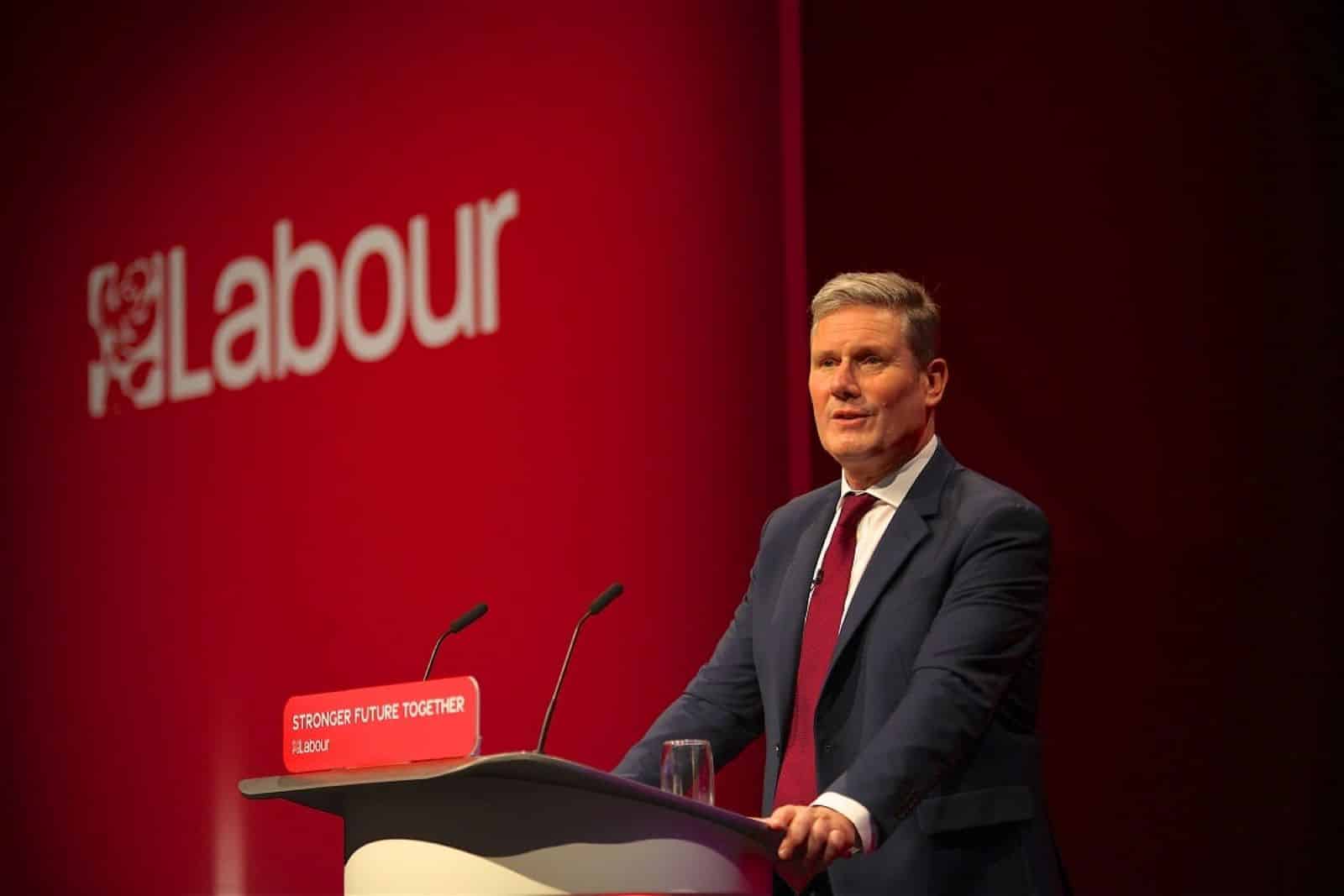
There are growing calls from inside the Labour Party for the two-child benefit to be lifted. Former Labour Prime Minister Gordon Brown criticised the policy for condemning children to poverty.
Local Impact

Similarly, current Labour MP Kim Johnson told Sky News, “My constituency of Liverpool Riverside is the most deprived in the country. Nearly half of the children in my constituency are now living in poverty. The families I represent just cannot wait any longer. Labour has a huge task to undo 14 years of Tory decay and will have to make difficult decisions about what to prioritise.”
Johnson’s Priority

She added, “But I would like to see lifting the two-child benefit cap a priority for the new government as the most cost effective and most impactful way to immediately alleviate child poverty in communities like mine across the country.”
Starmer’s Reversal
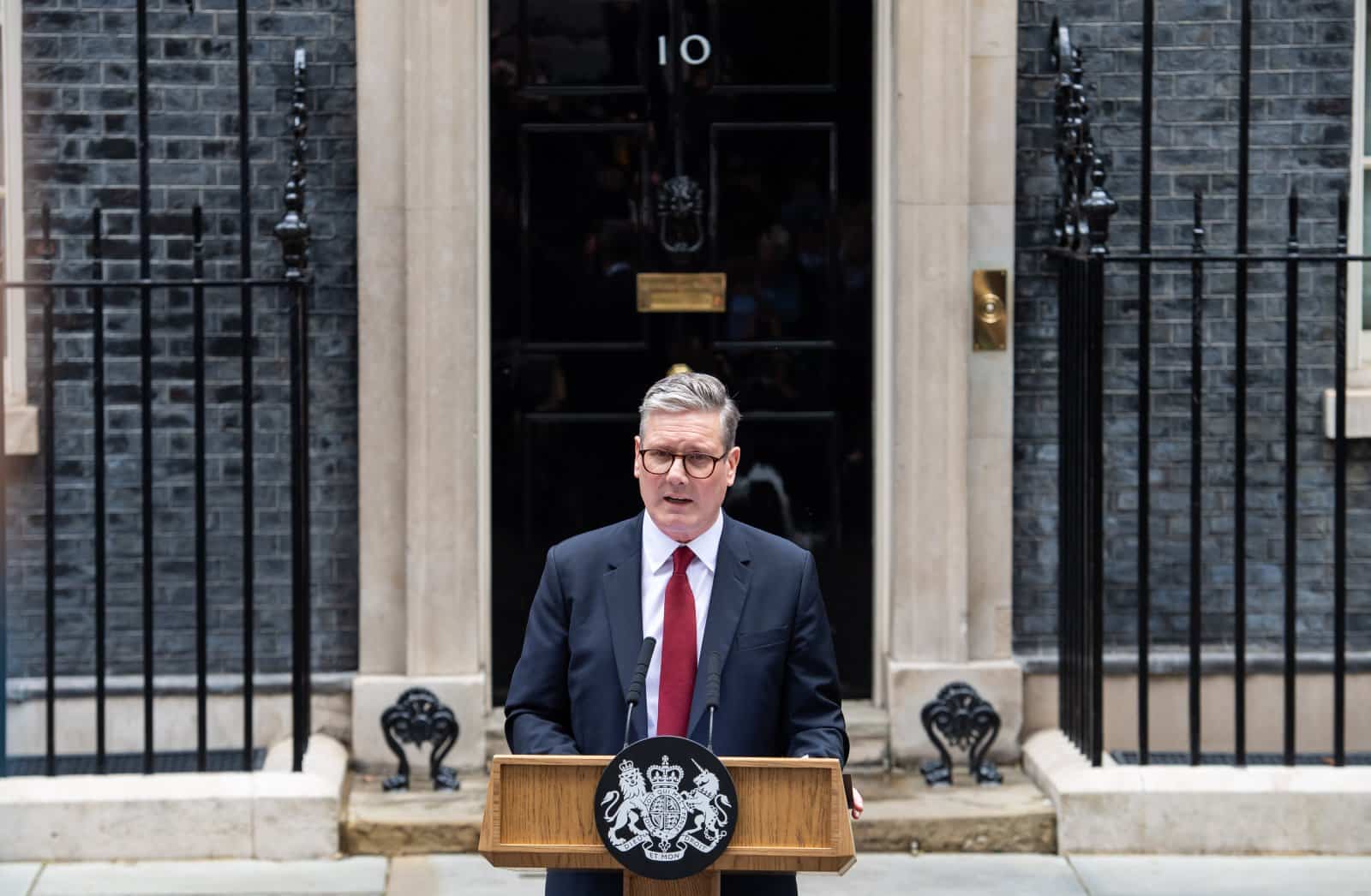
Prime Minister Keir Starmer initially supported scrapping the cap but later reversed his stance, citing fiscal constraints. Despite internal and external pressure, Starmer emphasised the importance of demonstrating fiscal discipline before the general election.
Labour’s Opportunity
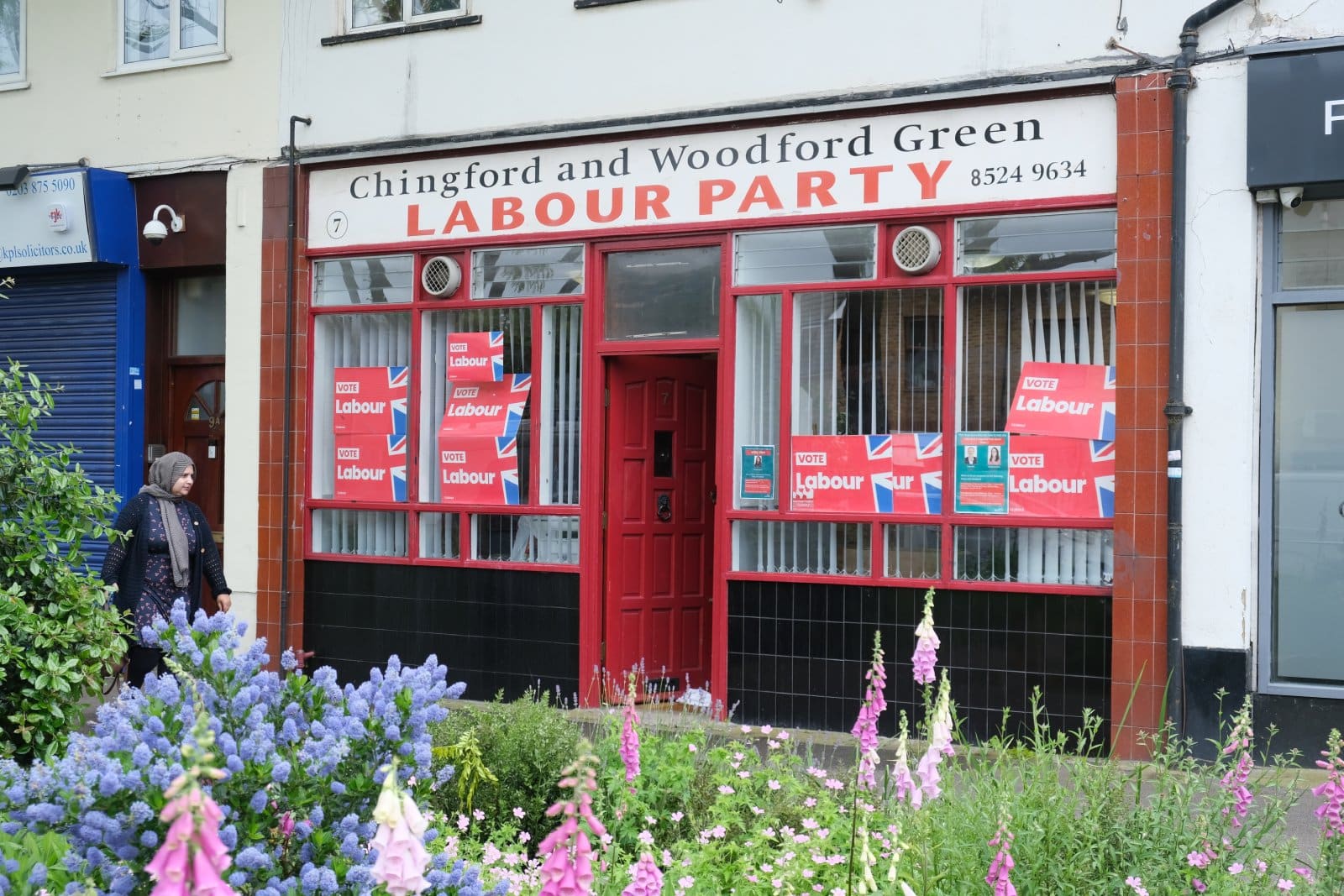
However, now that Labour has won the recent general election with a landslide, there is little to stop them from making the changes many charities and advocacy groups have been demanding.
Coalition’s Call

Joseph Howes, chair of the End Child Poverty coalition, described the policy as “shameful” and called for immediate abolition.
Rape Exemption Clause

A particularly controversial aspect of the two-child benefit cap is its exemption for children conceived through rape. In the last year, 3,100 mothers claimed full benefits for children born from “non-consensual conception.”
Ethical Implications

This clause has been widely criticised for its insensitivity and the emotional burden it places on survivors of sexual violence, further complicating the policy’s ethical implications.
Uncertain Future

As debates around the two-child benefit cap continue, its future remains uncertain. While the policy intended to encourage employment among low-income parents, evidence suggests this has not worked.
Rising Poverty Rates
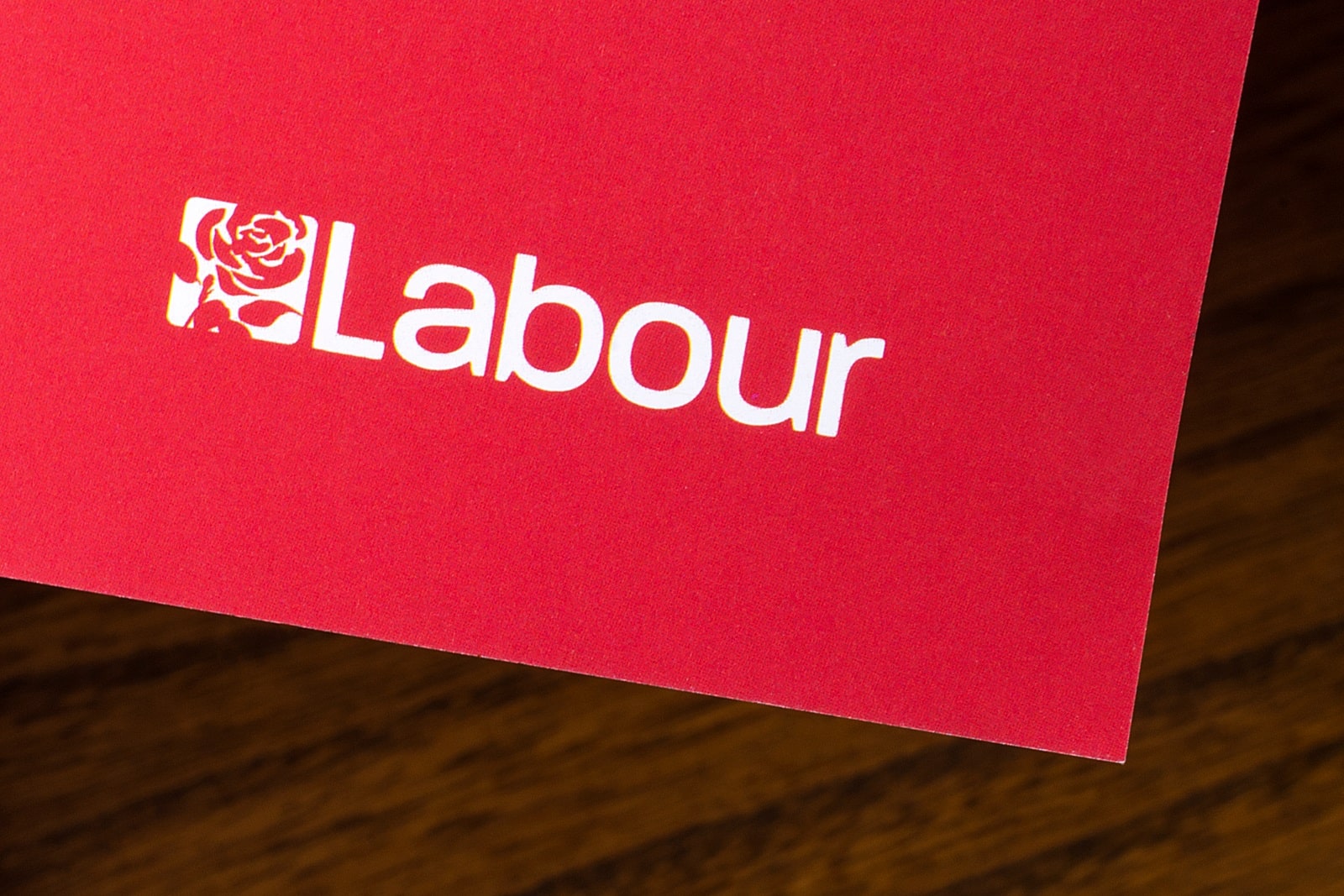
Instead, it has contributed to rising child poverty rates and widespread financial hardship. The Labour government, facing significant pressure from within its ranks and from external organisations, is now between a rock and a hard place as it tries to match its stated poverty goals with its image of being fiscally responsible.
Government’s Dilemma

It remains to be seen whether that pressure will be enough to convince the government to end the two-child benefit cap, which affects over 1.6 million children.
Featured Image Credit: Shutterstock / ComposedPix.

